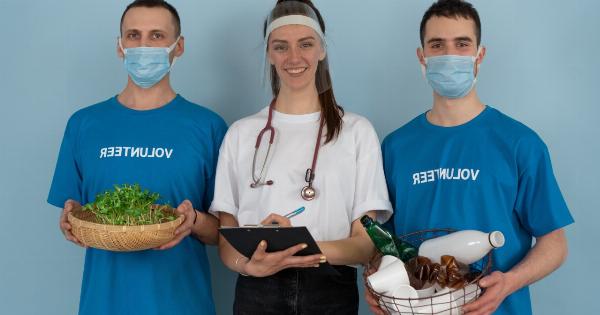Rosacea is a chronic skin condition that affects millions of people worldwide. It is characterized by redness, swelling, and the appearance of small, pus-filled bumps on the face.
While the exact cause of rosacea is unknown, there are various triggers that can worsen its symptoms, and one of them is believed to be coffee consumption.
Understanding Rosacea
Rosacea typically appears after the age of 30 and is more common in fair-skinned individuals. It affects both men and women, although it is more frequently diagnosed in women.
The exact cause of rosacea is still unclear, but several factors may contribute to its development.
Although rosacea is not directly related to poor hygiene, some processes that happen on the skin can lead to its development or worsening. It is believed that certain blood vessels in the face dilate excessively, causing redness and inflammation.
Other factors include abnormalities in the immune system, microscopic mites living in hair follicles, and a family history of the condition.
The Role of Coffee
Coffee, a widely consumed beverage worldwide, contains various compounds that have been linked to triggering rosacea symptoms. One of these compounds is caffeine.
Caffeine is known to dilate blood vessels, which can lead to increased blood flow to the skin. This can cause redness and flushing, two common symptoms of rosacea.
Additionally, coffee also contains other compounds such as tannins and flavonoids that have been associated with increased inflammation in the body. These inflammatory effects may exacerbate the existing inflammation seen in rosacea.
The Research on Coffee and Rosacea
Several studies have investigated the relationship between coffee consumption and rosacea. While some studies have found a clear link between the two, others have reported conflicting results.
In a study published in the Journal of the American Academy of Dermatology, researchers found that individuals who consumed more than five cups of coffee per day had a significantly higher risk of developing rosacea compared to those who consumed less. The risk was particularly prominent among women.
However, another study published in the Archives of Dermatology found no significant association between coffee consumption and rosacea. The researchers analyzed data from over 82,000 women without rosacea and followed them for 14 years.
They concluded that coffee consumption was not a major risk factor for developing rosacea.
These conflicting findings highlight the need for further research to fully understand the relationship between coffee consumption and rosacea.
It is important to consider individual variations, genetic factors, and other lifestyle choices that may contribute to the development of rosacea.
Managing Rosacea Triggers
Although the effects of coffee on rosacea are still not fully understood, many individuals with rosacea report that avoiding certain triggers, including coffee, can help reduce their symptoms.
It is recommended that individuals with rosacea keep a diary to identify their personal trigger factors. This can include not only coffee but also spicy foods, alcohol, temperature extremes, and stress.
While it may be challenging to completely eliminate coffee from one’s diet, individuals with rosacea may consider reducing their consumption or switching to decaffeinated alternatives.
This may help minimize the risk of triggering or exacerbating rosacea symptoms.
Conclusion
Rosacea is a complex dermatological condition with various triggers.
While the relationship between coffee consumption and rosacea is still not fully understood, some studies suggest that excessive coffee consumption may increase the risk of developing the condition. However, other studies have reported conflicting results, indicating the need for further research.
Individuals with rosacea should pay attention to their personal triggers and consider reducing their coffee consumption if they find it worsens their symptoms.
It is important to consult with a dermatologist or healthcare professional for personalized advice and treatment recommendations.




























